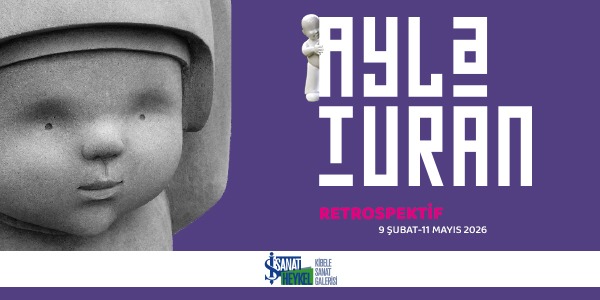Hundreds of artists and cultural workers around the world signed a petition calling to boycott German cultural institutions in response to the nation’s “McCarthyist policies” targeting critics of Israel’s violence against Palestinians.
Signed by over 650 people including artist Lawrence Abu Hamdan, Palestinian poet and activist Mohammed El-Kurd, and French writer Annie Ernaux, the anonymously authored “Strike Germany” petition questions the European nation’s adoption of the International Holocaust Remembrance Alliance’s (IHRA) working definition of antisemitism, according to which “the targeting of the state of Israel” can be construed as a form of hostility toward the collective Jewish people. Since the German parliament’s 2019 resolution equating the Palestinian Boycott, Divestment, Sanctions (BDS) movement with antisemitism, the persecution of pro-Palestine speech and symbols has had profound effects on the local heavily state-subsidized art world.
“As the genocidal campaign on Gaza continues — amounting to one of the deadliest assaults on a civilian population in our times — the German state has intensified the repression of its own Palestinian population and those who stand against Israel’s war crimes,” the petition reads. “Palestine solidarity protests are mislabeled as anti-Semitic and banned, activist spaces are raided by police, and violent arrests are frequent.”
Germany has stood by Israel nearly unconditionally since the October 7 Hamas offensive that killed at least 846 Israeli civilians, with Chancellor Olaf Scholz, the first Western leader to visit after the attack, declaring that the country had “every right to defend itself.” Since then, as Israel faces accusations of genocide at the United Nations’s top court and the death toll from its ongoing bombardment of Gaza tops 23,000, Germany’s position has shifted slightly but remained staunchly supportive.
Earlier this month, the Berlin Senate introduced a clause that would require recipients of public funds to sign a self-declaration against “any form of antisemitism” as defined by the IHRA. Over 5,600 Berlin-based cultural workers across artistic disciplines, including visual artists Jumana Manna and Jesse Darling, opposed the controversial proposal in a recent op open letter; such laws, the missive says, “only serve to create an administrative basis for disinviting and canceling events with cultural workers who are critical of Israel.”
One of the graphics accompanying the Strike Germany petition features the word “Strike” overlaid on an icon of German art history: “Der Wanderer über dem Nebelmeer” (“The Wanderer above the Sea of Fog”) (1818) by Romanticist Caspar David Friedrich. (image via Strike Germany)
Paradoxically, Germany’s persecution of anti-Israel voices sometimes extends to members of the nation’s Jewish community. Last year, Hamburg’s first antisemitism commissioner publicly attacked South African artist and scholar Adam Broomberg, a vocal critic of Israel who is himself Jewish, because of the artist’s solidarity with the BDS movement. After he was hired as a visiting professor at the Karlsruhe University of Arts and Design this fall, the school’s rectorate told him he could no longer instruct students, according to Broomberg, who explained that he had reached a “verbal agreement” with the administration barring him from teaching, although he would remain on the school’s payroll through the end of his contract this spring.
The controversy still mingles in the art scene as the artists continue to take more action.









